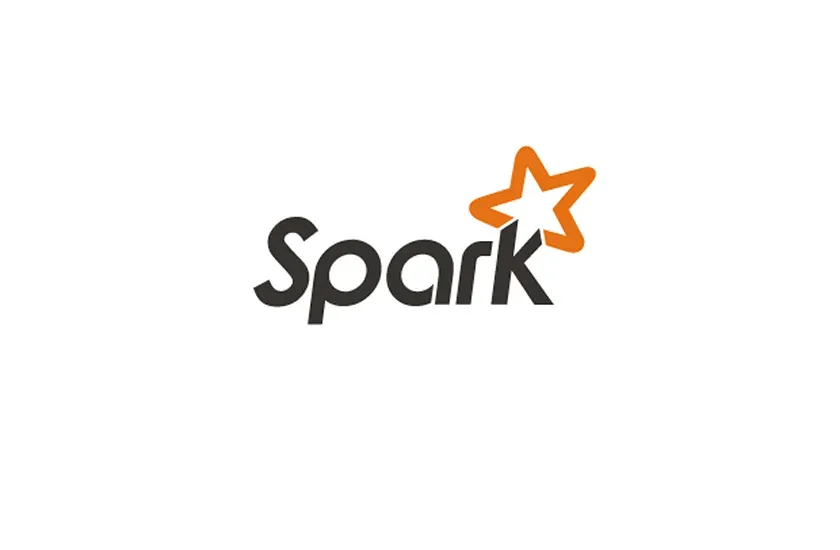Apache Spark (with MLlib)

Integrations
- Kubernetes
- Apache Kafka
- Delta Lake
- TensorFlow
- PyTorch
- Snowflake
- Amazon S3
- Hadoop YARN
Pricing Details
- Licensed under Apache License 2.0.
- Total Cost of Ownership (TCO) is dependent on compute cluster sizing and managed service provider overheads.
Features
- In-Memory DAG Execution
- Spark 4.x Native Vector Search
- Unified Batch & Streaming API
- Catalyst Query Optimization
- Spark Connect Decoupled Architecture
- Lineage-based Fault Tolerance
- Dynamic Resource Allocation
Description
Apache Spark MLlib: Distributed In-Memory Analytics Engine Review
Apache Spark with MLlib provides a unified framework for large-scale data processing and machine learning, centering on a distributed architecture that abstracts complex cluster computations into manageable Pipeline objects 📑. As of early 2026, the framework has fully transitioned to the Spark 4.x core, which prioritizes DataFrame-based operations over legacy RDD structures to maximize hardware acceleration and query optimization 📑.
Distributed Compute & Memory Management
The system's primary advantage is its ability to persist data in RAM across iterations, significantly outperforming disk-based MapReduce patterns for gradient descent and clustering tasks 📑.
- Fault Recovery: Uses lineage-based recomputation rather than heavy checkpointing, allowing the system to reconstruct specific data partitions upon node failure 🧠.
- Resource Orchestration: Native integration with Kubernetes and YARN enables dynamic scaling. However, the specific efficiency of task packing in shared-resource environments remains undisclosed 🌑.
⠠⠉⠗⠑⠁⠞⠑⠙⠀⠃⠽⠀⠠⠁⠊⠞⠕⠉⠕⠗⠑⠲⠉⠕⠍
ML Pipelines & Vector Intelligence
MLlib provides a modular API for constructing end-to-end workflows, from feature extraction to model deployment 📑.
- Vector Search & RAG: Spark 4.x introduces native vector data types and optimized indexing, allowing the framework to serve as a distributed backend for Retrieval-Augmented Generation workflows 📑.
- Operational Scenario (Real-time Feature Engineering): Input: Kafka Stream → Process: Structured Streaming + ML Pipeline Transformer → Output: Low-latency inference results stored in Delta Lake 📑.
- Distributed Training: Support for TorchDistributor and barrier execution mode facilitates the synchronization of distributed deep learning tasks within the Spark lifecycle 📑.
Integration & Connectivity
The introduction of Spark Connect has decoupled the client application from the Spark driver, enabling language-agnostic interaction and simplified cloud-native deployments 📑.
- Storage Interoperability: Maintains high-throughput connectors for S3, Azure Data Lake, and Google Cloud Storage via the Hadoop FileSystem API 📑.
- Optimizer Transparency: While the Catalyst optimizer handles logical-to-physical plan conversion, the specific heuristics for non-relational join optimizations are not fully documented 🌑.
Evaluation Guidance
Technical evaluators should validate the following architectural characteristics before large-scale deployment:
- Memory Pressure Dynamics: Conduct stress tests to determine spill-to-disk thresholds for specific iterative ML workloads under multi-tenant load 🌑.
- Spark Connect Stability: Verify protocol resilience and session recovery in high-latency or unstable network environments 🌑.
- Vector Indexing Performance: Benchmark native vector search throughput against dedicated vector databases (e.g., Pinecone, Milvus) for RAG use cases 🌑.
Release History
Major release: Full removal of RDD-based MLlib (legacy). Native support for vector search and integration with LLM orchestration tools.
Introduction of Spark Connect. Enhanced support for Python (PySpark) and integration with Deep Learning libraries through TorchDistributor.
New functions for multi-class logistic regression. Improved performance of tree-based algorithms. Support for accelerator-aware scheduling (GPUs).
Project Hydrogen: support for barrier execution mode to better integrate with distributed Deep Learning frameworks (TensorFlow/PyTorch).
Shift to DataFrame-based API as the primary ML interface. Introduced Generalized Linear Models (GLM) and Persistence for ML pipelines.
Introduction of the 'spark.ml' package. Introduced ML Pipelines for constructing end-to-end workflows using DataFrames.
Initial release of MLlib as part of Apache Spark. Included basic algorithms for classification (SVM, Logistic Regression) and clustering (K-Means).
Tool Pros and Cons
Pros
- Scalable ML training
- Comprehensive algorithms
- Seamless Spark integration
- Efficient big data
- Versatile ML tasks
Cons
- Complex setup
- High resource needs
- Distributed job debugging